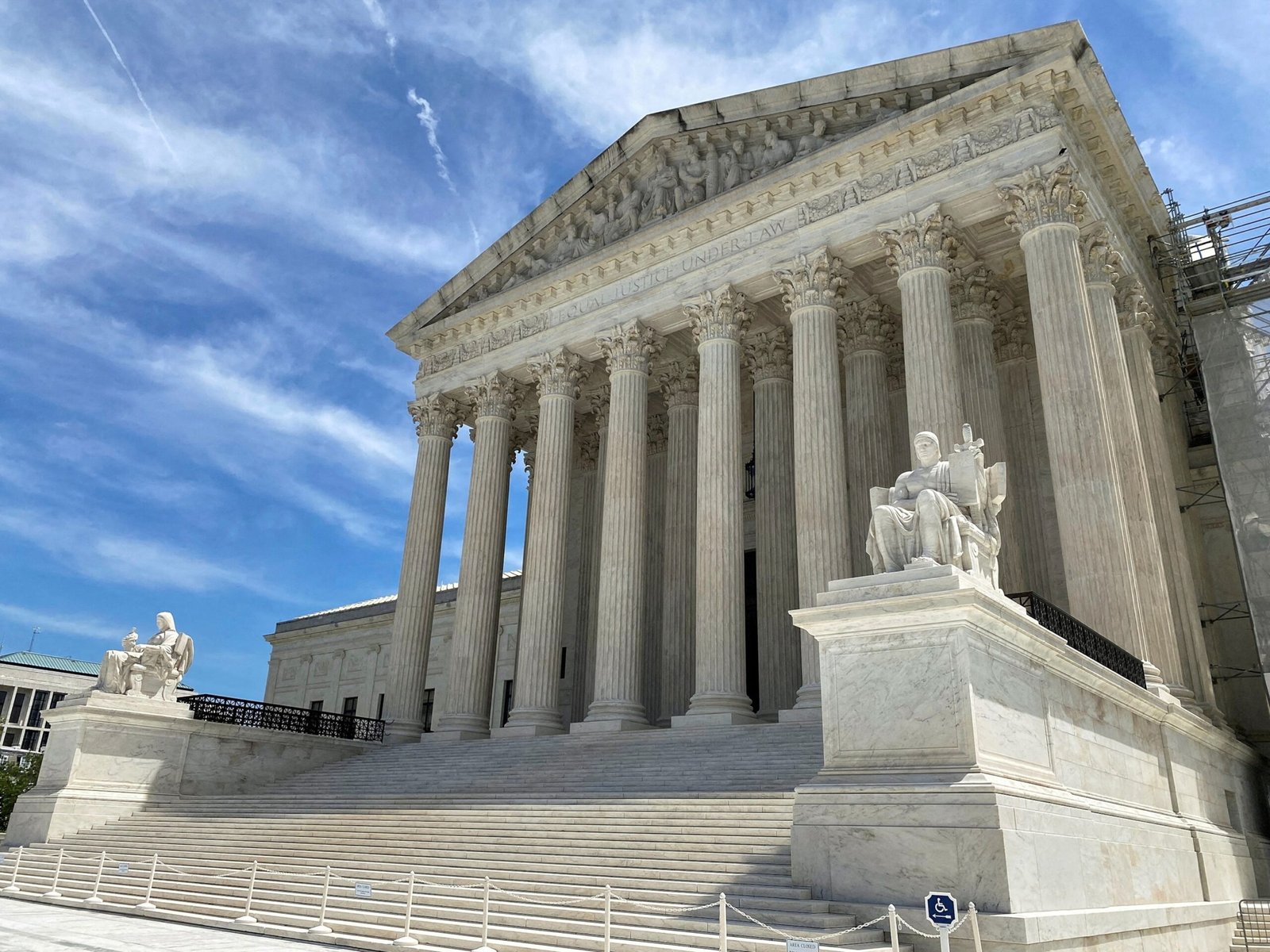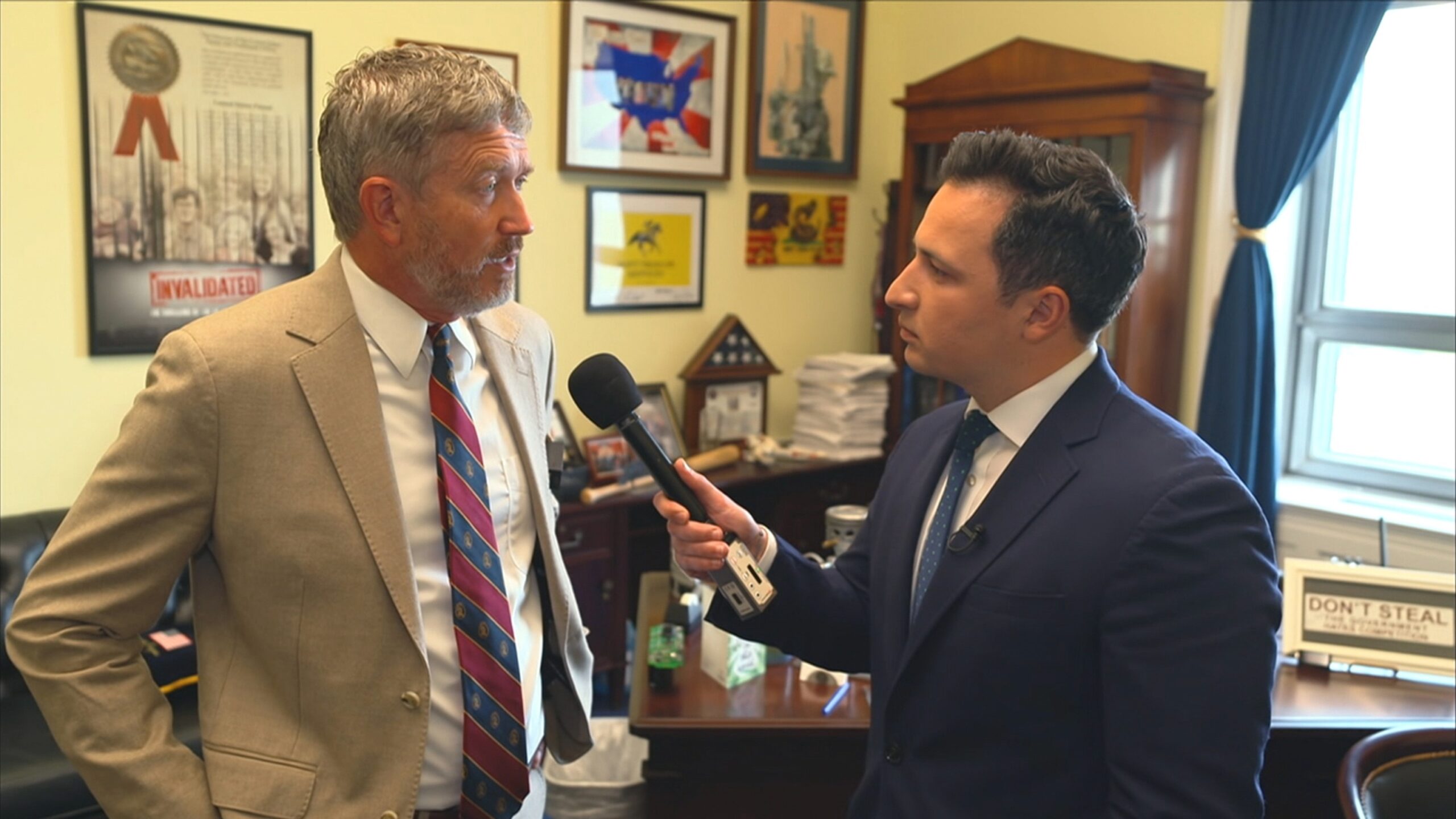The Supreme Court allows Trump to resume faster.

The conservative majority of the Supreme Court delivered on Monday a significant victory for the Immigration policy of the Trump administration, clearing the way for officials to resume the deportation of migrants to third countries without additional requirements of due process imposed by a judge of the District Court.
The Superior Court of the Nation did not explain the decision, but said that the suspension of the mandate of the judge of the lower court would end if the administration finally lost an appeal for the merits. The litigation is ongoing, but it is expected to take years to complete.
The Order of the Supreme Court on Monday allows the Trump administration to resume the realization of accelerated motives for dozens of unauthorized immigrants to countries other than their own.
The demand at the center of the case was originally presented by immigrants who were deported to a third country without due process or at risk of being eliminated.
Before arriving at the Supreme Court, the case had grown to cover several other migrants, including eight men, convicted of violent crimes, who received removal warnings to the country of East Africa of South Sudan. After the United States district judge Brian Murphy, in a federal court in Boston, blocked the attempt of the administration to deport South Sudan group without giving them enough opportunity to dispute their removal, the group landed in Djibouti, where they remain in a military base.

The United States Supreme Court building in Washington, June 1, 2024.
Will Dunham/Reuters
In an order on Monday, Murphy said that the eight men in Djibouti are still protected from immediate elimination despite the ruling of the Supreme Court, referring to another order that had issued last month, separated from the one in which the Supreme Court. This ruling required that migrants in Djibouti had reasonable fear interviews and “a minimum of 15 days” to try to move to reopen immigration procedures to challenge their possible extraction to a third country.
In response to Murphy’s last order, the White House Cabinet Deputy Director Stephen Miller said that Boston’s judge was “denying to obey” the Supreme Court.
“Wait fireworks tomorrow when we hold this judge responsible for refusing to obey the Supreme Court,” Miller said in Fox News.
With regard to the order of the Supreme Court, Judge Sonia Sotomayor, together with Judges Elena Kagan and Ketanji Brown Jackson, issued a dissent of the order of the majority, accusing her colleagues of convent the behavior “without law” for the administration in “life and death matters”.
“This court now intervenes to grant the emergency relief of the government of an order that has repeatedly challenged,” Sotomayor wrote. “I cannot join such disgusting abuse of the equitable discretion of the court.”
“The due process clause represents the principle that ours is a government government, not men, and that we submit to the rulers only if they are under rules,” Sotomayor wrote. “By rewarding anarchy, the court once again undermines that fundamental principle.”
“Apparently, the Court considers that the idea that thousands will suffer violence in Farflung’s premises more tasty than the remote possibility of a district court exceeding its corrective powers when it ordered the Government to provide a notice and a process that the plaintiffs are constitutionally and with the right to law.
Immigrants’ defenders had asked judges to keep the national court order in place that required “significant notice and opportunity to be heard” before the United States government involuntarily sends anyone to anyone to a country other than their place of birth or citizenship.
Trump’s officials had described the requirements ordered by the “onerous” and illegal court.
The spokeswoman of the National Security Department, Tricia McLaughlin, said in an X statement that the decision of the court was a “great victory for the security of the US people”, adding: “Enter deportation planes.”
The Superior Court had unanimously indicated in an earlier case that the possible deportees must receive protections of due process. But the judges have not yet explained in detail what exactly requires that in each case.
The plaintiffs in the case criticized the stay granted from the Supreme Court and promised to continue fighting.
“The ramifications of the order of the Supreme Court will be horrible; eliminates the critical protections of due process that have been protecting our members of the class of torture and death,” said Trina Realmuto, executive director of the National Alliance of Immigration Litigation. “However, what is important, the court ruling only has problems with the court authority to pay these protections at this intermediate stage of the case: now we must move as quickly as possible to conclude the case and restore these protections.”







